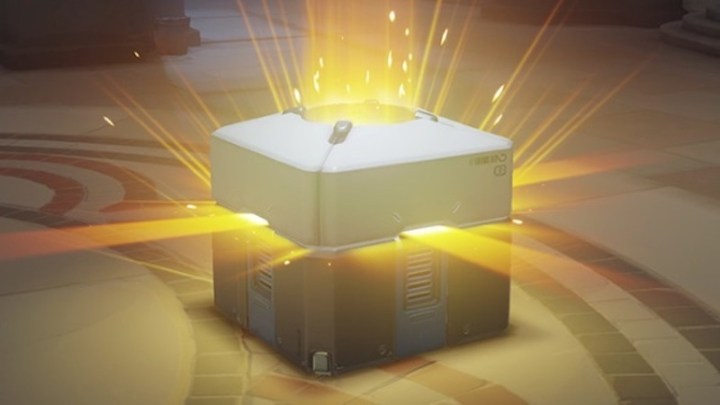
The idea of what constitutes gambling in games has become a much-discussed topic in recent years. Sites that allowed gamers to bet in-game items against one another in a coin-coss drew attention and condemnation last year, but the topic of more recent discussion has been in-game loot boxes. The kind that you unlock and commonly pay for with real money, which have a random reward.
Although many defend the practice as optional, others have drawn comparisons between the practice and gambling, which could be problematic considering games that utilize the feature, like Overwatch, have low age restrictions. Like the Entertainment Software Rating Board though, the British government is not quite as concerned. When asked about loot boxes and “in-game gambling,” conservative Parliament member Tracey Crouch responded that the government doesn’t currently classify such practices as gambling.
“Where items obtained in a computer game can be traded or exchanged outside the game platform they acquire a monetary value, and where facilities for gambling with such items are offered to consumers located in Britain a Gambling Commission license is required,” her response reads. “If no license is held, the Commission uses a wide range of regulatory powers to take action.”
She did make a point to suggest that the government’s main aim with its gambling legislation was in “protecting children and vulnerable people,” and highlighted the Gambling Commission’s targeting of websites that facilitate item gambling earlier this year — referring to sites like CSGOLotto.
As part of her response, Crouch linked to a March position paper from Britain’s Gambling Commission on the subject of gambling and games. In it, the commission highlights that “betting, gaming or participating in a lottery,” is the existing definition of gambling, though suggested that merely involving expenditure and chance did not necessarily constitute it.
It later clarifies by specifically mentioning crates, keys, and chests with randomized content. It highlights that although the practice, “bears a close resemblance, for instance, to the playing of a gaming machine,” it is not in-fact, gambling. The commission only considers the practice to require a gambling license if those items can be traded outside of a game for monetary compensation.
“Where prizes are successfully restricted for use solely within the game, such in-game features would not be licensable gambling, notwithstanding the elements of expenditure and chance,” it reads.
The commission and Crouch, however, have both said they will continue to monitor the industry and consider the matter still under review.
Editors' Recommendations
- Overwatch is ditching loot boxes ahead of sequel launch
- ESRB to introduce new ratings label for games with loot boxes
- The U.K. says loot boxes are a form of gambling and shouldn’t be sold to kids
- Loot boxes? EA vice president prefers you call them surprise mechanics
- Video game lobbying group trashes proposed anti-loot box bill



